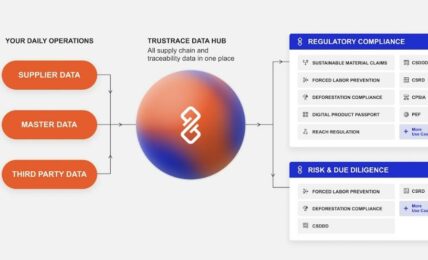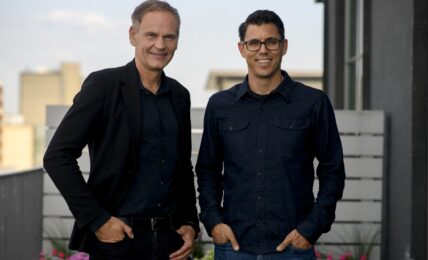Regenerative agriculture-focused platform provider Klim announced that it has raised $22 million in a Series A funding round, with proceeds aimed at supporting its global expansion and extending its offerings.
Agriculture has emerged as a major focus area for climate action, as the sector accounts for a significant proportion of GHG emissions, and is among the most difficult areas to address climate impact. The sector contributes a significant proportion of the climate impact of the food and beverage sector, which in turn accounts for approximately a third of global GHG emissions.
Regenerative agriculture practices are aimed at addressing the environmental impact of the sector, and include techniques to improve and restore ecosystems, build soil health and fertility, reduce emissions, enhance watershed management, increase biodiversity, and improve farmers’ livelihoods.
Founded in 2020, Berlin-based Klim provides solutions for farmers and food companies to transition global food supply chains towards regenerative practices, to help improve global food security, climate protection and biodiversity. The company offers farmers a digital platform that enables them to determine best practices for sustainability before they plant, and provides them with guidance on ways to reduce their carbon impact. Klim also works with companies in the sector on reducing the carbon impact of their supply chains, as well as utilizing carbon credits.
Robert Gerlach, CEO of Klim, said:
“Our food system is undergoing a monumental shift, with regenerative agriculture at its core. Food companies must lead this transformation, but they can’t do it without farmers. At Klim, we’ve developed a scalable, strategic approach to enable the regenerative transformation of the sector through our digital farmer platform to drive change at speed and scale. By combining strong partnerships with food companies and a farmer-centric approach, Klim is powering the biggest agricultural transition since the Green Revolution, enabling an industry-wide shift and maximum positive impact.”
Klim says that more than 3,500 farmers cultivating over 700,000 hectares of land – representing 5% of German farmland – are using its platform. Among the company’s clients are multinationals like Nestlé, Kaufland, and Aryzta. Among its objectives, said the firm, is to help clients secure resilient supply chains, mitigate Scope 3 emissions, and enhance food quality.
Klim said that is plans to use the new funding to expand internationally, enhance its platform and introduce a new financial services layer to assist farmers in securing the resources they need to transition effectively to regenerative agricultural methods.
The funding round was led by BNP Paribas, with participation from Earthshot Ventures, Rabobank, Agfunder, Norinchukin Bank, Achmea Innovation Fund, Ananda Impact Ventures and Elevator Ventures, the VC of Raiffeisenbank International.
Maha Keramane, head of BNP Paribas’ Positive Impact Business Accelerator, said:
“Klim’s innovative platform and approach to scaling regenerative agriculture are perfectly aligned with our commitment to financing solutions that mitigate climate change, make the ecosystems more resilient and improve people’s livelihoods. We believe Klim will play a transformative role in reshaping food supply chains globally.”



